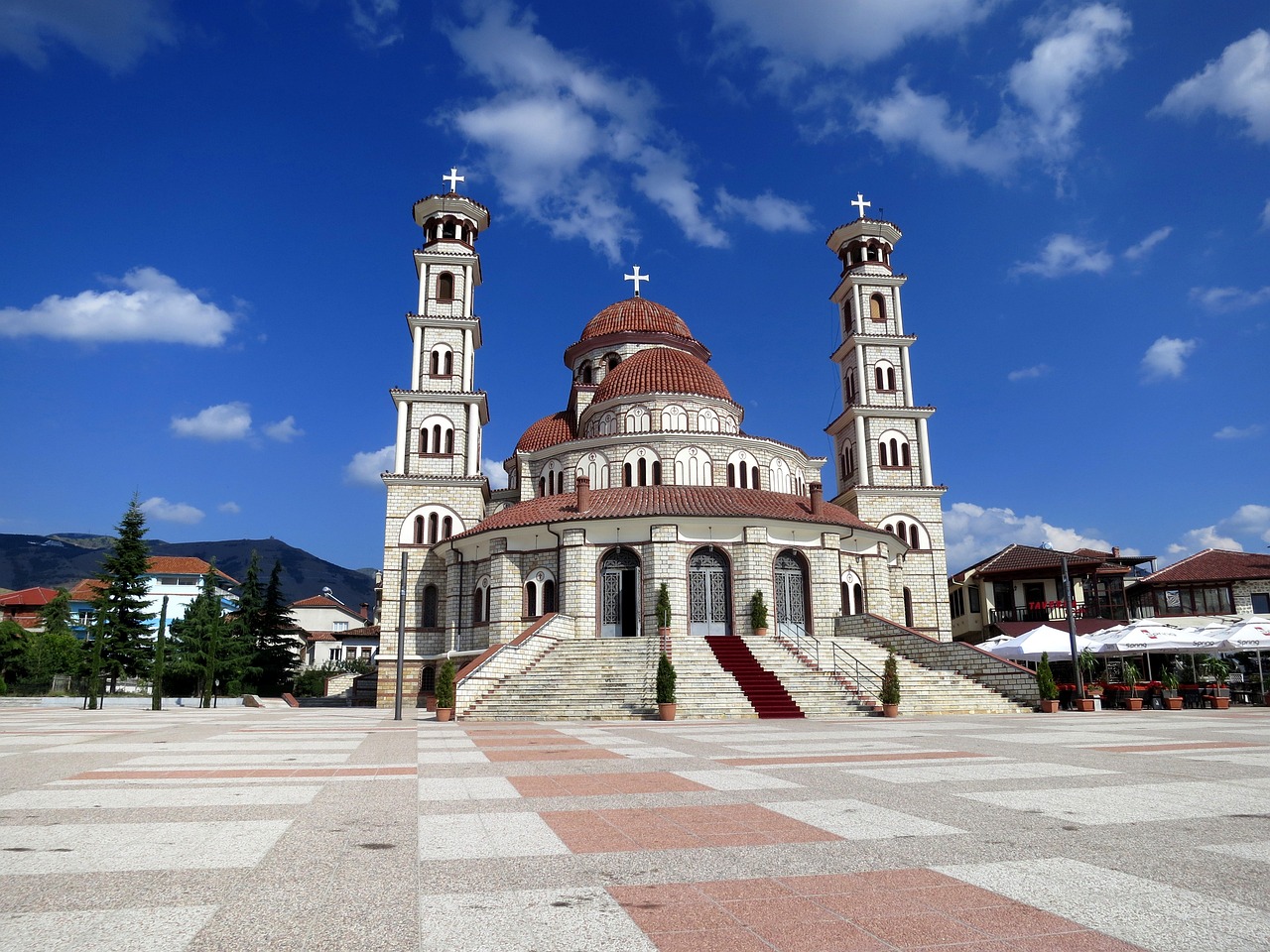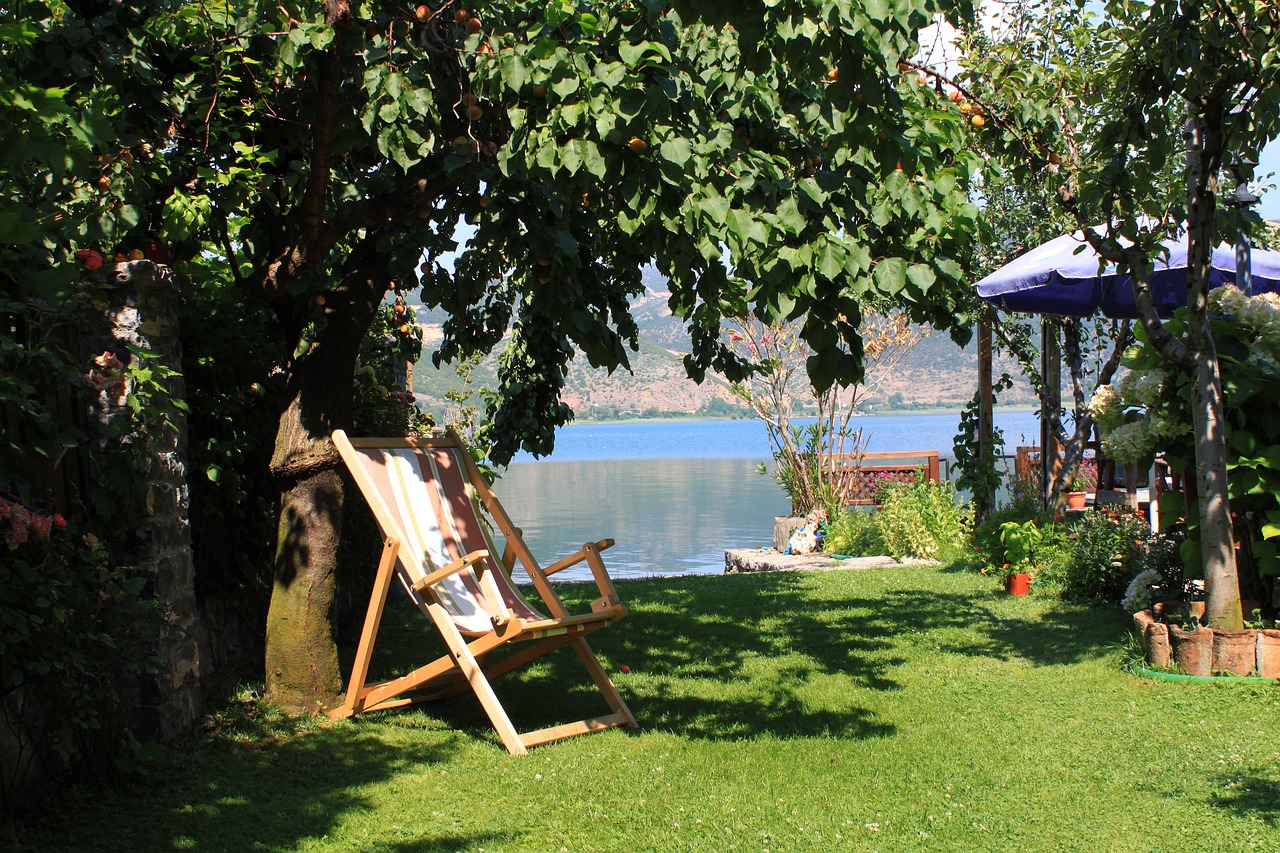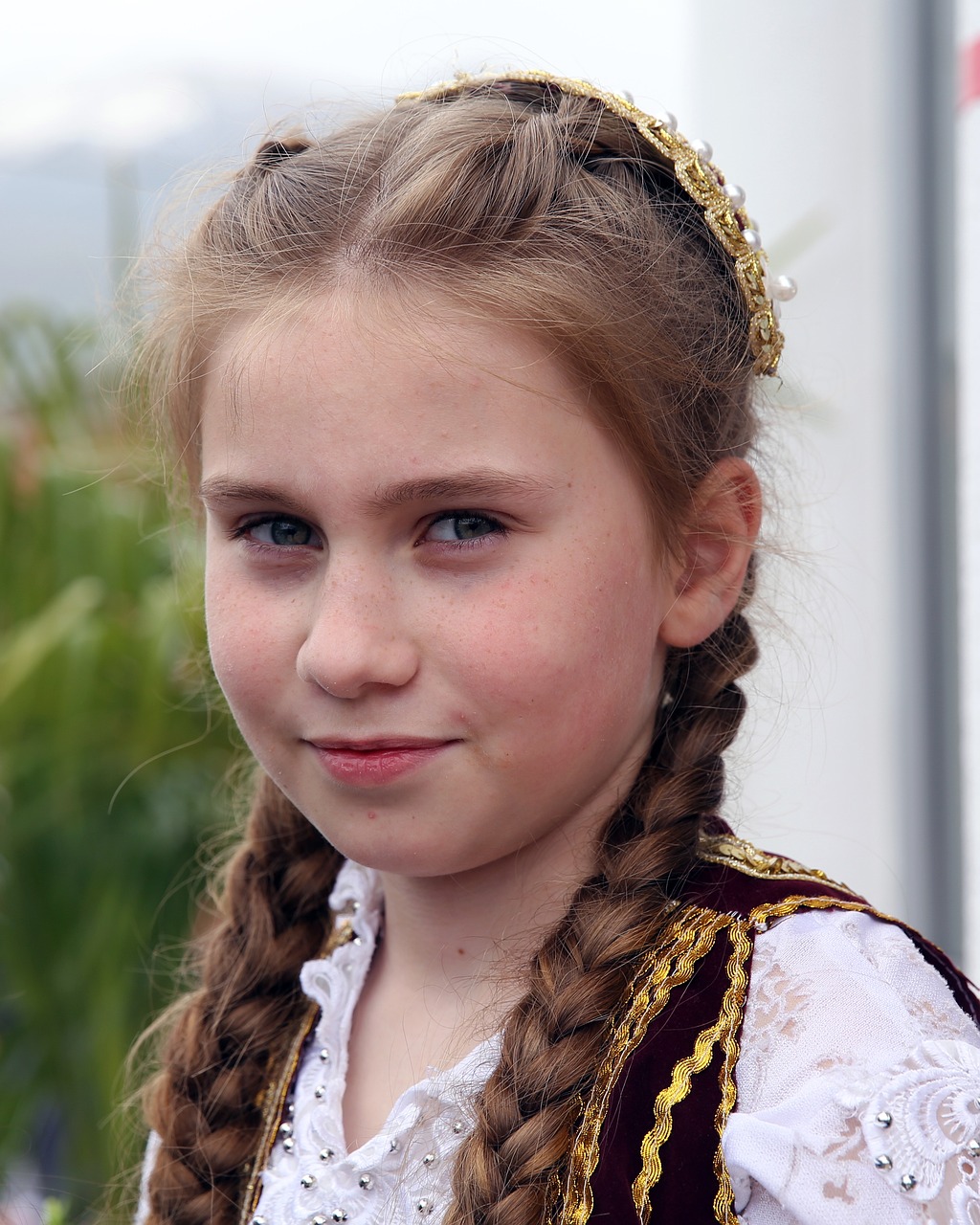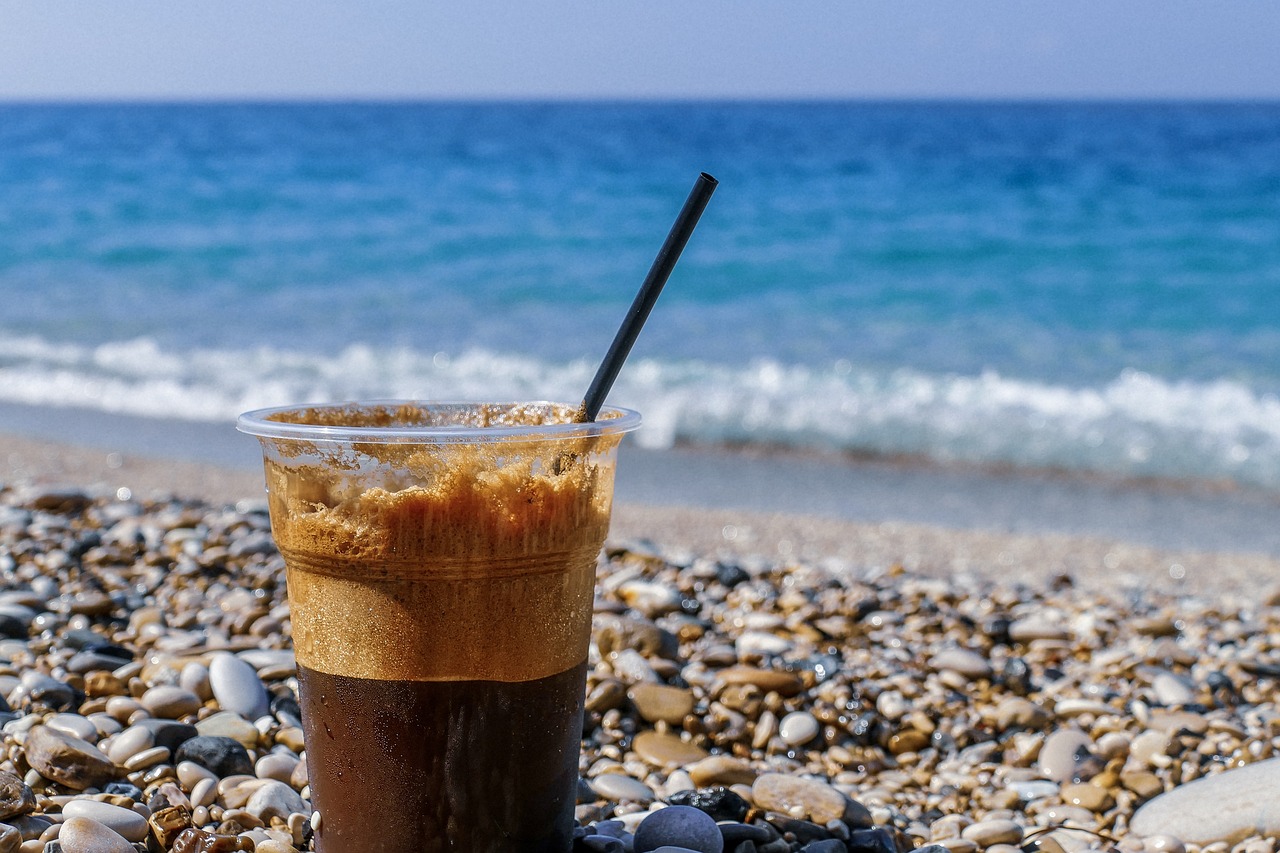Unveiling the Truth: Is Albania Safe for Travelers?
Albania, a beautiful country located in Southeastern Europe, has been gaining popularity as a travel destination in recent years. With its stunning landscapes, rich history, and unique culture, it’s no wonder that more and more travelers are considering visiting this hidden gem. However, safety is always a top concern for travelers, and it’s important to gather accurate information before embarking on any journey. In this article, we will delve into the safety aspects of traveling to Albania, providing you with the necessary insights to make an informed decision.
Section 1: Overview of Albania
Before diving into the safety aspects, let’s first understand the country itself. Albania, officially known as the Republic of Albania, is a Balkan nation bordered by Montenegro to the northwest, Kosovo to the northeast, North Macedonia to the east, Greece to the south, and the Adriatic and Ionian Seas to the west. With a population of approximately 2.8 million people, Albania offers a unique blend of natural beauty, historical sites, and warm hospitality.
- Albania is known for its diverse landscapes, including stunning coastlines, rugged mountains, and picturesque lakes.
- The country boasts an ancient history, with influences from Illyrians, Romans, Byzantines, Ottomans, and more.
- Albanian cuisine is a delightful fusion of Mediterranean and Balkan flavors, with dishes like burek, byrek, and tave kosi being popular.
- The official language is Albanian, but English is widely spoken in tourist areas.
- Albania has a Mediterranean climate, with hot summers and mild winters.
Now that we have a basic understanding of Albania, let’s explore the safety aspects of traveling to this intriguing country.
Section 2: Political Stability and Security
Political stability and security are crucial factors to consider when assessing the safety of a travel destination. Albania has made significant progress in these areas in recent years, ensuring a safe environment for both its citizens and tourists.
- Albania is a parliamentary democracy with a multi-party system, guaranteeing political stability and a functioning government.
- The country has seen improvements in its security infrastructure, with a focus on combating organized crime and corruption.
- Albanian authorities are committed to ensuring the safety of tourists and have implemented measures to protect popular tourist areas.
- It is always advisable to stay informed about the current political situation before traveling to any foreign country.
With its political stability and enhanced security measures, Albania provides a safe environment for travelers to explore its wonders.
Section 3: Crime Rate and Personal Safety
When it comes to personal safety, it’s essential to assess the crime rate and understand the risks involved. Albania has made significant progress in reducing crime rates, ensuring a safer environment for both locals and tourists.
- The overall crime rate in Albania has been decreasing in recent years, contributing to a safer atmosphere for travelers.
- Tourist areas and popular attractions are generally safe, with a visible police presence to ensure security.
- Like any other destination, petty theft and pickpocketing can occur, especially in crowded areas. It’s advisable to remain vigilant and take necessary precautions, such as keeping valuables secure and being aware of your surroundings.
- Violent crimes against tourists are rare, but it’s always recommended to exercise caution and use common sense when exploring unfamiliar areas.
By staying alert and taking basic precautions, travelers can enjoy their time in Albania without major safety concerns.
Albania Image 1:

Section 4: Natural Disasters and Environmental Hazards
Albania, like any other country, is susceptible to natural disasters and environmental hazards. It’s important to be aware of these risks and take necessary precautions while traveling.
- Albania experiences seismic activity due to its location in a seismically active zone. Earthquakes can occur, but the country has implemented strict building codes to minimize the impact.
- During the summer months, wildfires can pose a threat, particularly in rural areas. It’s essential to follow any local advisories and avoid areas at risk.
- Flash floods can occur in certain regions, especially during heavy rainfall. Stay informed about weather conditions and be cautious near rivers and streams.
- Albania is home to some stunning mountains, and hikers should be prepared for changes in weather conditions and follow designated trails.
By staying informed about potential natural disasters and adhering to local guidelines, travelers can mitigate the risks associated with these hazards.
Section 5: Road Safety and Transportation
Transportation plays a vital role in any travel experience, and understanding the road safety situation is crucial for a safe journey. Albania’s road network has undergone significant improvements, but it’s important to be aware of certain factors.
- Driving in Albania can be challenging due to the mountainous terrain and winding roads. It’s advisable to drive cautiously and be prepared for narrow roads and sharp turns.
- Seat belts are mandatory for all occupants in a vehicle, and it’s essential to adhere to traffic rules and regulations.
- Public transportation, including buses and minibusses, is a popular mode of travel in Albania. While generally safe, it’s important to keep an eye on personal belongings and be aware of pickpocketing risks.
- Taxi services and rideshares are available in major cities, and it’s recommended to use licensed and reputable providers.
By exercising caution on the roads and choosing reliable transportation options, travelers can navigate Albania safely.
Albania Image 2:

Section 6: Health and Medical Facilities
Ensuring access to adequate healthcare facilities is essential when assessing the safety of a travel destination. Albania has made significant advancements in its healthcare system, providing quality medical services to both residents and visitors.
- Public healthcare facilities are available throughout the country, but it’s advisable to have travel insurance that covers medical expenses.
- Private healthcare facilities offer a higher standard of care and are preferred by many travelers.
- It’s important to check if your travel insurance covers medical evacuation in case of emergencies.
- Make sure to carry any necessary prescription medications and consult with a healthcare professional before traveling.
By taking necessary precautions and being prepared, travelers can ensure their well-being during their stay in Albania.
Section 7: Cultural Sensitivity and Local Customs
Respecting local customs and cultural sensitivities is crucial when traveling to any foreign country. Albania has a rich cultural heritage, and understanding and embracing local customs can enhance your travel experience.
- Albanians are known for their warm hospitality and friendliness towards tourists. It’s appreciated to greet locals with a friendly “Përshëndetje” (hello) and show respect for their traditions.
- Albania is a predominantly Muslim country, and it’s important to dress modestly when visiting religious sites.
- Public displays of affection are generally frowned upon, so it’s advisable to exercise discretion.
- Albanian cuisine is an integral part of the culture, and trying local dishes is highly recommended. Remember to show appreciation for the food and traditions.
By showing cultural sensitivity and embracing local customs, travelers can build meaningful connections and have a more immersive experience in Albania.
Albania Image 3:

Section 8: Emergency Services and Contacts
Knowing how to access emergency services and having relevant contact information is essential for a safe trip. In Albania, the following emergency services can be contacted:
- Police: Dial 129
- Ambulance: Dial 127
- Fire Brigade: Dial 128
It’s advisable to save these numbers and have a local SIM card or access to a roaming service for easy communication in case of emergencies.
Section 9: Tourist Scams and Common Risks
While Albania is generally a safe destination, it’s important to be aware of common tourist scams and risks that can occur in any travel destination.
- Beware of pickpockets in crowded areas, such as markets and tourist attractions. Keep your belongings secure and avoid displaying valuables.
- Be cautious of unofficial tour guides offering services at significantly lower prices. It’s advisable to use licensed tour operators or seek recommendations from trusted sources.
- Avoid exchanging money with unauthorized individuals and use reputable exchange offices or ATMs for currency transactions.
- Be wary of strangers offering unsolicited assistance or asking for personal information. Use your judgment and trust your instincts.
By staying alert and informed about common scams, travelers can minimize the risks associated with such incidents.
Section 10: LGBTQ+ Travelers
Albania has made significant progress in LGBTQ+ rights and is considered one of the more accepting countries in the region. However, it’s important to note that attitudes and acceptance can vary among individuals and regions.
- Tirana, the capital city, has a more liberal atmosphere and is known for its LGBTQ+ friendly venues.
- Public displays of affection may attract attention in more conservative areas, so it’s advisable to exercise discretion.
- As with any destination, it’s recommended to research local laws and customs to ensure a safe and respectful experience.
By being mindful of local attitudes and customs, LGBTQ+ travelers can enjoy their time in Albania with a reasonable level of safety and acceptance.
Section 11: Conclusion
Albania, with its breathtaking landscapes, rich history, and warm hospitality, offers a safe and captivating travel experience for visitors. While it’s essential to be aware of potential risks and take necessary precautions, the overall safety situation in Albania is favorable for travelers. By staying informed, respecting local customs, and exercising common sense, you can fully enjoy the wonders that this beautiful country has to offer.
Section 12: References
The information in this article was derived from the following sources:
- National Tourism Agency of Albania – www.albania.al
- U.S. Department of State – travel.state.gov
- Lonely Planet – www.lonelyplanet.com
- World Health Organization – www.who.int


